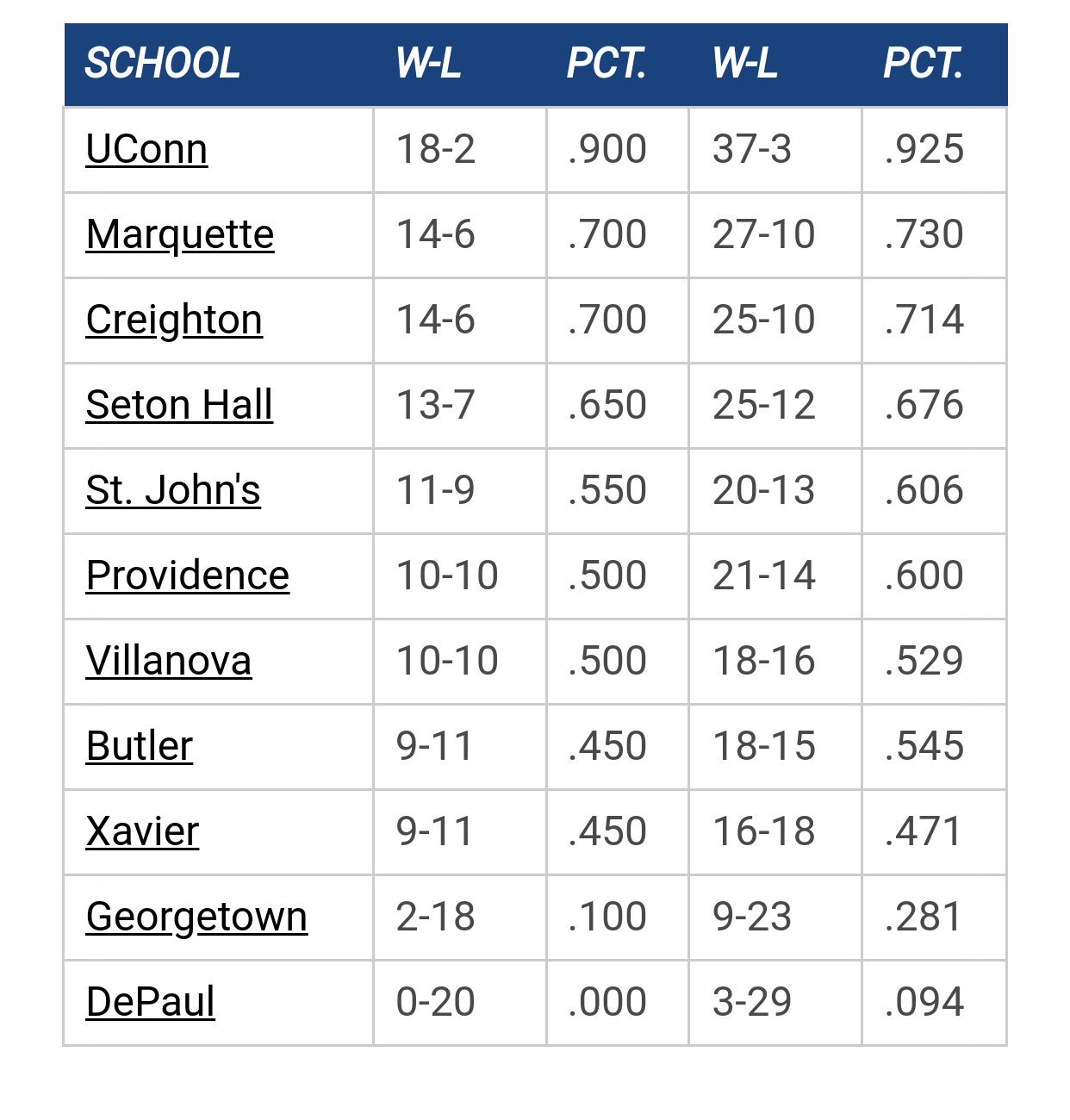- Welcome to MUScoop.
Shaka Preseason Availability by MUbiz
[October 30, 2024, 10:45:57 PM]
Server Upgrade - This is the new server by #UnleashSean
[October 30, 2024, 10:40:54 PM]
Owens out Monday by PointWarrior
[October 30, 2024, 08:23:31 PM]
Mizzou Secret Scrimmage by MUfan12
[October 30, 2024, 03:20:06 PM]
Get to know Ben Steele by WhiteTrash
[October 30, 2024, 03:08:14 PM]
Deleted by The Lens
[October 30, 2024, 02:13:20 PM]
Kam Jones Named to NABC, Naismith Trophy POY Preseason Watch Lists by MarquetteMike1977
[October 30, 2024, 01:47:33 PM]
[October 30, 2024, 10:45:57 PM]
Server Upgrade - This is the new server by #UnleashSean
[October 30, 2024, 10:40:54 PM]
Owens out Monday by PointWarrior
[October 30, 2024, 08:23:31 PM]
Mizzou Secret Scrimmage by MUfan12
[October 30, 2024, 03:20:06 PM]
Get to know Ben Steele by WhiteTrash
[October 30, 2024, 03:08:14 PM]
Deleted by The Lens
[October 30, 2024, 02:13:20 PM]
Kam Jones Named to NABC, Naismith Trophy POY Preseason Watch Lists by MarquetteMike1977
[October 30, 2024, 01:47:33 PM]
The absolute only thing required for this FREE registration is a valid e-mail address. We keep all your information confidential and will NEVER give or sell it to anyone else.
Login to get rid of this box (and ads) , or register NOW!
The power and passion of message boards
Started by NYWarrior, October 31, 2006, 09:22:05 AM
Previous topic - Next topic
User actions


